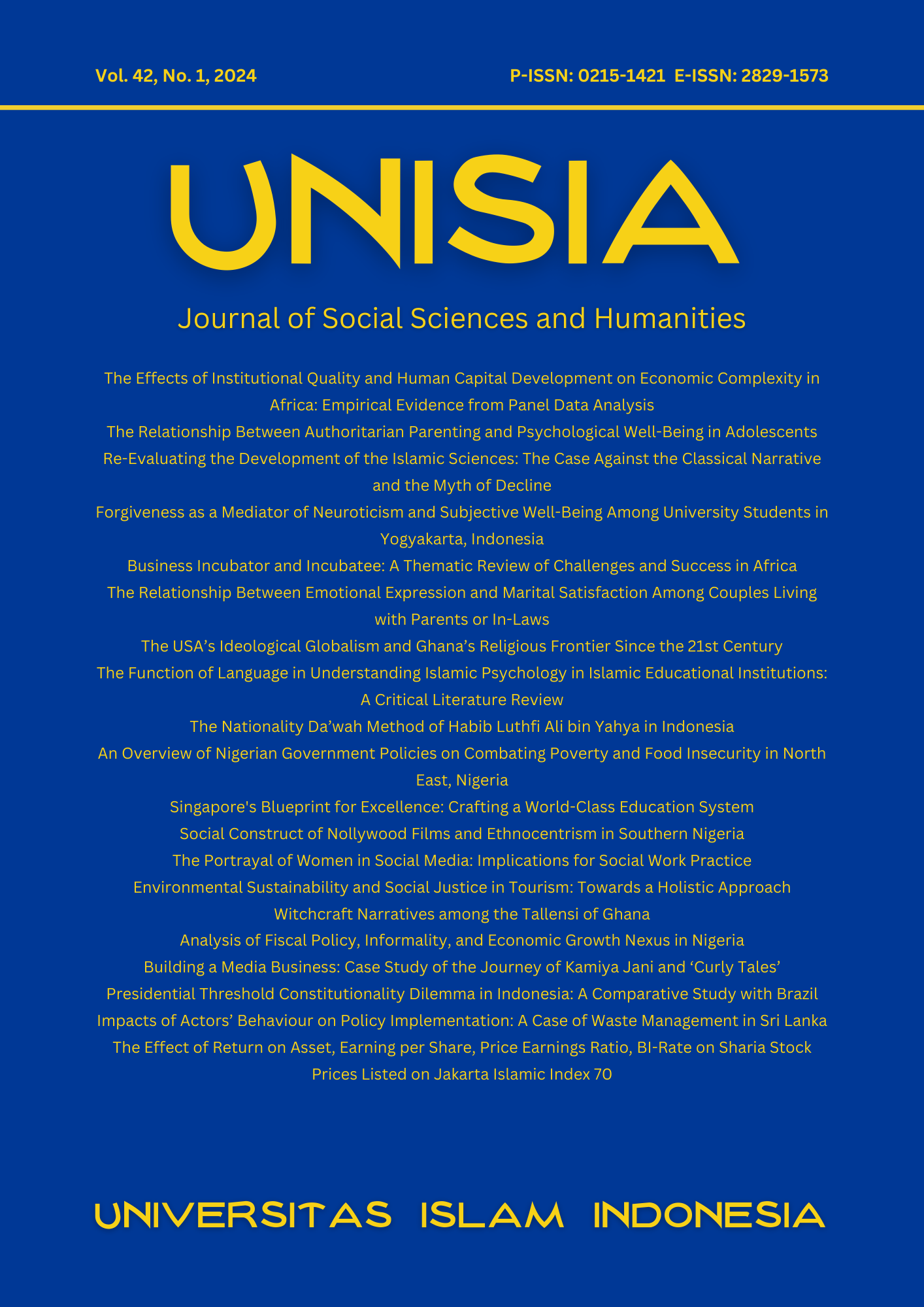Main Article Content
Abstract
This study examines the intricate relationship between environmental sustainability and social justice within tourism. With the global imperative to address climate change and promote sustainable practices, the tourism industry stands at a pivotal juncture, where considerations of social equity and environmental stewardship must be intertwined. This study explores the concept of sustainable tourism development as a means of achieving environmental conservation as well as social justice objectives. Drawing on a multidisciplinary framework, this study examined the interconnectedness between environmental sustainability and social justice in the tourism context. It investigates how tourism activities impact local communities, mainly marginalized and vulnerable groups, and analyzes strategies to ensure an equitable distribution of benefits and opportunities. Emphasis is placed on initiatives that prioritize community engagement, cultural preservation, and empowerment of disadvantaged populations. The study also examined the role of stakeholders, including governments, tourism operators, NGOs, and local communities, in promoting a holistic approach to tourism management that balances environmental concerns with social equity goals. The ultimate aim of this study is to propose actionable recommendations and policy frameworks that integrate environmental sustainability and social justice imperatives into tourism planning and management. By fostering a symbiotic relationship among tourism development, environmental conservation, and social inclusion, this study envisions a more equitable and resilient tourism sector that contributes positively to both the planet and society.
Article Details
Copyright (c) 2024 Leo Bentley

This work is licensed under a Creative Commons Attribution-ShareAlike 4.0 International License.
- Authors retain copyright and grant the journal right of first publication with the work simultaneously licensed under a Creative Commons Attribution License that allows others to share the work with an acknowledgement of the work's authorship and initial publication in this journal.
- Authors are able to enter into separate, additional contractual arrangements for the non-exclusive distribution of the journal's published version of the work (e.g., post it to an institutional repository or publish it in a book), with an acknowledgement of its initial publication in this journal.
- Authors are permitted and encouraged to post their work online (e.g., in institutional repositories or on their website) prior to and during the submission process, as it can lead to productive exchanges, as well as earlier and greater citation of published work.





